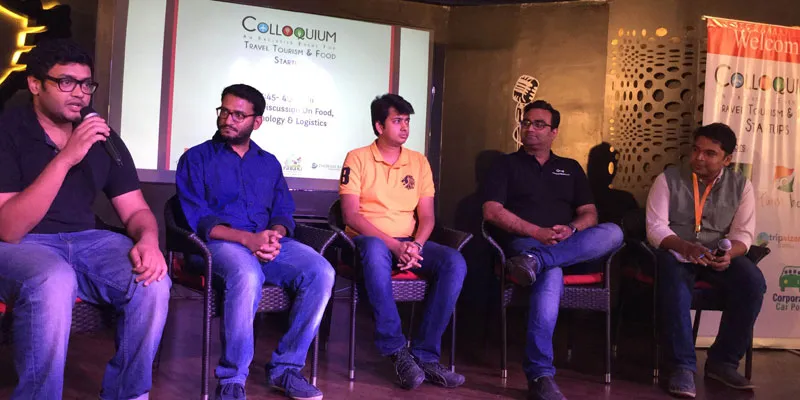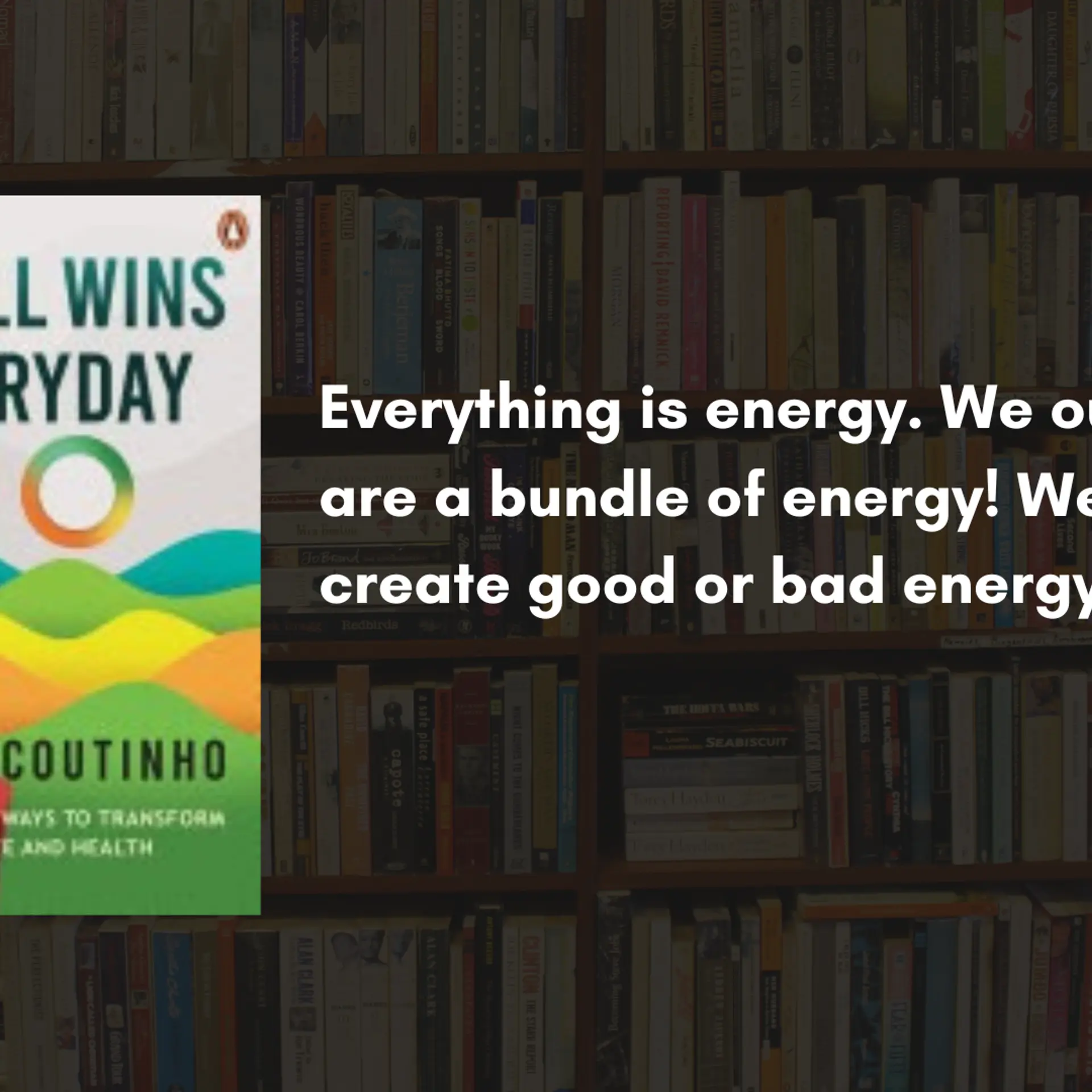Touted to be a $50 billion market, growing at 16 per cent YOY - where is the Foodtech market headed?
Like every other Monday morning stuck in the traffic jam over a flyover, I just couldn't help but think of the hot breakfast I had missed in the morning rush. Now I had a couple of choices -- stop at a Darshini close by or wait for lunch. There wasn't time to stop and I really didn't think I could last till lunch. The solution came in the form of an app. I could order my breakfast with a click of a button and the food would reach my office just as I did.
This year has seen a growth in the number of startups in the space of food and food tech. This is just not in terms of new models of aggregators, review or ordering platforms, but also food creators and cloud restaurants.
There has been enough and more buzz about what 'food tech' actually means. Many believe that the marketplace or aggregators simply do not fall under the category, while many believe otherwise. To keep things simple, we will classify food-tech to include all players who use technology to connect with consumers.
Investors eyeing the space
In a research piece done by YourStory earlier, we said that angel and venture capital funding in India has hit its highest ever mark. Over $3.5 billion has been poured across 380 disclosed deals in the first of half of 2015. Of the different startups that have raised twice in the first half of the year is Swiggy, a food tech startup.
Earlier, Kunal Walia from Khetal Advisors, told YourStory that food tech investments are a perfect follow-through to the recent theme of ‘habit forming companies’ that have been attracting significant rounds of capital in recent times. He said that first there were the cab companies like Ola and TaxiForSure, the service listing companies like LocalOye and Near.in, hyperlocal delivery firms and recently the food-tech firms.

Basically, any service that allows frequent use (10-12 times in a month) per user seems to fit the major theme running at this time. Food-tech, he suspects, will be the most challenging amongst the whole lot of such segments.
"First, you have a product (food) that people are extremely passionate about. Second, price may not be the ultimate winner (unlike cab companies). Third, local delivery/distribution has to be built from the ground up like hyper-local delivery companies. Except, food companies will be catering either from their own kitchens or amalgamating home chefs, the logistics can be nightmarish,” said Kunal.
He adds that 2007 (roughly) was the year of e-commerce in India. 2010 was the year of cabs. According to him, 2015 is turning out to be the year of food tech in India. He adds that there are about a dozen companies. Some are Internet restaurants; some are curated food marketplace and others are trying to be logistics arm for restaurants.
Foodtech panel discussions
Recently, the food and travel tech event -- Colloquium by Travel, Tourism and Food Startups group at The Big Pitcher in Bengaluru, discussed some of these aspects. The food panel consisted of Sri Harsha of Swiggy, Shashaank Singhal of Dazo and Karthik Vaidyanathan of Momoe. Their discussions brought in several trends and stories in place. The panelists discussed that the food tech sector currently is in a very evolutionary stage in India.

Shashaank said that there are different landscapes of the food business, and Dazo is at the aggregation and curation space. He added that today there is a need for a growth in the delivery segment of the food business.
Harsha said that delivery is central to the experience in this space. The process, he added, is complex, demands are diverse, and delivery is something that is left out in the space. The panelists discussed that it's important to decide the kind of consumer experience one is looking to create. The food market in India is however very fragmented and it's yet to grow at the rate compared to the global scenario. Shashaank believed that we've just scratched the surface.
Where is the Foodtech space headed?
The food services market is touted to be a USD 50 billion market that's growing at 16 to 20 per cent YOY. According to Alok Goel, CEO, New Businesses, Freecharge and Advisor and Investor in TapCibo, now Dazo, says that every few years a new problem becomes a keystone area for the startup ecosystem. It grabs everyone’s attention, and many teams start solving that problem with different innovative approaches.
"I think that when it comes to creating an impact, it will soon be businesses that actually create food like a Freshmenu," says Aruj Garg, Founder of Bhukkad. He adds that while several players are mushrooming in the market, with time, the ones that remain true to their brand proposition will remain.
Shashaank of Dazo believes that delivery and logistics will be an important aspect in the food tech space. "Packaging, the way food is delivered and the overall experience will play an important role," says Shashaank.
It also needs to be remembered that in the end ‘food-tech’ is ultimately about ‘food’ and food-tech startups as such will only succeed if they can challenge the quality and taste offered by the traditional market effectively.
Entrepreneurs will surely need to put in a lot of time and effort in understanding the eating preferences of the Indian population. Adding to this point, Harshvardhan of Tinyowl says: "Delivery, logistics and packaging are important, but in the end, food will remain to play a vital role. Everything else just needs to add to that experience."
Shashaank adds that over time with Dazo, the team has realised that the Indian consumer looks at food on a mood based way. For regular days they look at regular, healthy homely food and during the weekends they look for something like Italian food or pizza.
"We've just scratched the surface. In India, the food market is pretty fragmented and there is a lot of scope for the ecosystem to grow and develop," says Harsha of Swiggy. He estimates the market to grow close to 150 times more than what it currently is at.
What are the experts saying?
Speaking of the scope and future of the food-tech ecosystem, Anand Lunia, Founder of India Quotient, says food today is going through the same disruption that Airbnb and Uber are causing in their industries. He adds that the demographics of the young population, double income families, expensive house-help and cultural acceptability of eating out are the big factors expanding the whole market.
Talking about of the interesting trends in the segment, Anand says,
"Zomato is planning to own the entire food experience -- discovery, ordering, reservations, restaurant management, payment, rewards, and deals. Square is doing the same in the US. This will disrupt a lot of industries built largely on the premise that all these softwares/technologies are unrelated."
He adds that dining will be back in vogue in some point in time. One of the big shifts is to create kitchen capacity outside restaurants. Startups often talk about disrupting markets and changing habits. Deciding what to eat is always a personal choice and aiming to disrupt a market dominated by local and multinational food brands is surely a big bet.
Online, on-demand delivery is not something new. Domino’s, for example, has been focusing on online ordering for a while now. But to see small restaurants/chefs being able to outgrow their capital needs and reach out to their customers through websites & mobile apps is something that makes this space very interesting.
(With inputs from Shivam Singhla)







